Peninsula Health Center | Addiction Treatment in South Bay Area
- Call Today for a Free Consultation
- 1-866-934-8228
Understanding Anxiety Disorders
In America, no group of mental health conditions are more likely to affect you than anxiety disorders. These conditions get their name because they produce anxious feelings strong enough to destabilize your well-being. Another common mental health disorder is substance use disorder (SUD). This category includes substance abuse and addiction triggered by recurring, excessive drug or alcohol use. Unfortunately, anxiety disorders and SUDs can overlap. When they do, they can interfere with your daily function in quite serious ways. You can restore this function with the help of a specialized treatment center.
Do you or your loved one need an anxiety and addiction treatment center in Southern California? You’ll find one at Peninsula Health. We specialize in treating the mutually reinforcing effects of SUDs and other mental health problems. That includes cases of anxiety disorder accompanied by substance abuse/addiction. Our goal is to help you achieve a full-spectrum return to healthy function.
At Peninsula Health Center, we take pride in being doctor-owned and operated. This distinction ensures that you receive the highest level of care, with physicians directly involved in your treatment. Our specialized focus lies in addressing the intricate relationship between SUDs and other mental health disorders, particularly cases involving anxiety disorders coupled with substance abuse or addiction. Our mission is to facilitate a comprehensive return to a state of optimal well-being.
Anxiety is a core human emotional state with deep roots in our collective past. It tends to arise in stressful situations that require you to do things such as:
Pay more attention to your surroundings
Stay aware of obvious or not-so-obvious danger
Prepare to act quickly when necessary
Anxiety disorders ramp up the nervousness, restlessness, and fear of everyday anxiety. They do so in ways that:
Over-emphasize the actual dangers or threats of a given situation
Cause significant personal distress
Decrease your ability to function or feel generally well
Each disorder in this category has its telltale effects in a given set of circumstances. For example, you may experience symptoms:
In specific social situations (social anxiety disorder)
When confronted with certain kinds of objects or animals (specific phobia)
In general, everyday situations (generalized anxiety disorder)
At unpredictable times in unpredictable places (panic disorder)
In situations that make you feel trapped or unable to leave at will (agoraphobia)
Sooner or later, almost a third of all U.S. adults will meet the criteria for one of these conditions. Want to know more about them? Consult the professionals at our Rolling Hills treatment center today.
Medication-Assisted Treatment
Expertly managed medication-assisted treatment options available to all clients.
Unique Therapies
We utilize the latest advancements to ensure all clients experience personalized care.
Outpatient Options
We offer day and night intensive outpatient options so you don't have to worry about missing out.
Meet the Team
At Peninsula Health Center, we've established a world-class team of expert, caring treatment providers.
Our Program Defined
We offer integrative wellness solutions from addiction to mental health to overall health & wellness.
Tour Our Facility
Our convenient location makes its easy to access top-notch addiction medicine in Southern California.
Understanding the Root Causes
Anxiety Disorders and Risks for SUDs
Substance use disorders are not as common as anxiety disorders. Still, they rank among America’s most widespread mental health disorder. Even in random conditions, SUDs, and anxiety disorders would almost certainly appear together now and then. But as it turns out, this overlap occurs much more often than it would if it were a random event.
Why? Research shows that anxiety disorders act as risk factors for SUDs. It also shows that SUDs act as risk factors for anxiety disorders. In other words, if you’re affected by one condition, you’re more likely to develop the other.
Some anxiety disorders are more common than others in people affected by SUDs. The two most likely candidates are panic disorder and generalized anxiety disorder. Agoraphobia can also act as a contributing factor.
Which kinds of SUDs are most common in cases of anxiety disorder? As a rule, addiction is a bigger factor than substance abuse. That’s true for both alcohol- and drug-related SUDs.
All combinations of SUD and anxiety disorder fall under a general heading known as dual diagnosis. The same term also applies to any other combination of a substance-related condition and a second mental illness. When all of its forms are grouped together, dual diagnosis affects about half of all people with an SUD.

The Combined Impact of SUDs and Anxiety Disorders
When they occur together, SUDs and anxiety disorders tend to mutually reinforce each other. What does this mean? For starters, it means that the two conditions usually help keep each other active and strong. It also means that one condition can make the other worse.
How do anxiety disorders negatively affect substance use disorders? Specific problems you may experience include:
Overall symptoms that are generally worse
More severe forms of withdrawal when you try to quit
A greater chance of relapsing after you complete substance rehab
How do substance use disorders negatively affect anxiety disorders? Effects that may apply to you include:
A decreased chance of recovering from generalized anxiety disorder
Higher odds of re-experiencing generalized anxiety disorder after you recover
Increased risks for suicide in cases of panic disorder
For more information on the potential impact of SUDs and anxiety disorders, consult our team of professionals today.
Dual-Diagnosis
Find out more about our dual-diagnosis programming at Peninsula Health Center in Palos Verdes.
Holistic Therapies
Explore the different types of holistic treatment options offered at Peninsula Health Center.
Medication-Assisted
Discover how our medication-assisted treatment program works and begin healing today.

We're Here to Help
Medication and Therapy for Addiction and Anxiety
Therapy is a common choice for the treatment of both SUDs and anxiety disorders. Doctors often turn to a specific option, cognitive-behavioral therapy (CBT). Why? CBT works in ways that can help you recover from either condition. It does so by helping you:
- Examine your thoughts, as well as emotional and behavioral responses
- Separate thoughts and responses that make you feel better from those that hurt you
- Switch from harmful thoughts and responses to beneficial ones in everyday situations
Your coordinated recovery plan may also include medication. Options in this category are more common for anxiety symptoms than for SUD symptoms. Typical choices for anxiety disorder treatment include antidepressants and medications called anxiolytics. You may also receive medication for an SUD related to opioid or alcohol use. Dual diagnosis specialists make sure to choose options that won’t hinder either aspect of your recovery.
Want more details on the coordinated care plans used to treat anxiety disorders and SUDs? Talk to dual diagnosis experts at Peninsula Health Center.
Find Lasting Recovery
Get a free consultation right now. Fill out the form below to get a callback from our expert and caring admissions team. Whether you are a fit for our program or not, we will help you find the best treatment options that work for your personal needs.
Your Health Insurance Can Pay for Treatment
Learn more about how Peninsula Health Center works with health insurance plans and how your insurance can help cover most of the costs associated with treatment.
Seek Help Today at Peninsula Health’s Anxiety and Addiction Treatment Center
Anxiety disorders and SUDs are common mental health disorder that often coincide. When they do, they can magnify each other’s harmful effects in multiple ways. To overcome these worsened effects, you need a dual-diagnosis treatment plan. That’s the name for a coordinated method of addressing your SUD and anxiety-related symptoms.
At Peninsula Health, we feature a range of outpatient drug treatment options in Long Beach for all forms of dual diagnosis. That includes resources for every possible combination of SUD and anxiety disorder. We’re committed to helping you reach your goals for recovery from abuse/addiction and disruptive anxiety. Want to learn more about how we can help you or your loved one? Just contact us today via the most convenient option for you.

